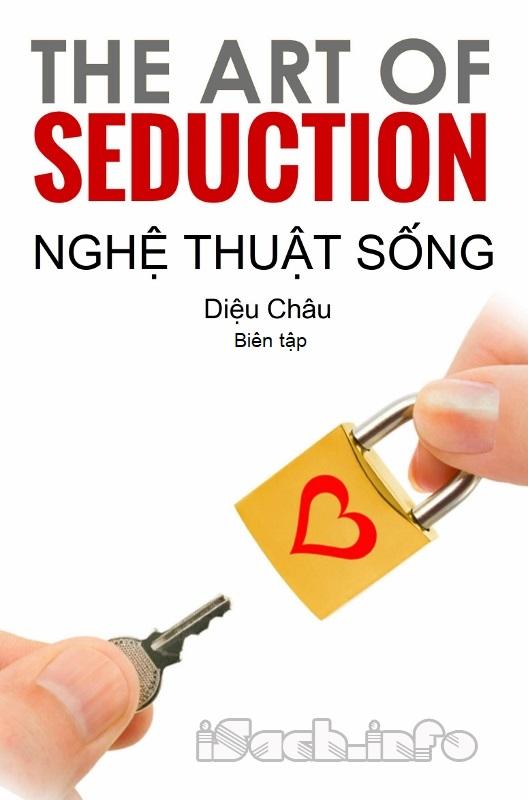The Hot And Cold Coquette
I
n the autumn of 1795, Paris was caught up in a strange giddiness. The Reign of Terror that had followed the French Revolution had ended; the sound of the guillotine was gone. The city breathed a collective sigh of re-lief, and gave way to wild parties and endless festivals.
The young Napoleon Bonaparte, twenty-six at the time, had no inter-est in such revelries. He had made a name for himself as a bright, audacious general who had helped quell rebellion in the provinces, but his ambition was boundless and he burned with desire for new conquests. So when, in October of that year, the infamous thirty-three-year-old widow Josephine de Beauharnais visited his offices, he couldn't help but be confused. Jose-phine was so exotic, and everything about her was languorous and sensual. (She capitalized on her foreignness—she came from the island of Mar-tinique.) On the other hand she had a reputation as a loose woman, and the shy Napoleon believed in marriage. Even so, when Josephine invited him to one of her weekly soirees, he found himself accepting.
At the soiree he felt totally out of his element. All of the city's great writers and wits were there, as well as the few of the nobility who had survived—Josephine herself was a vicomtesse, and had narrowly escaped the guillotine. The women were dazzling, some of them more beautiful than the hostess, but all the men congregated around Josephine, drawn by her graceful presence and queenly manner. Several times she left the men behind and went to Napoleon's side; nothing could have flattered his inse-cure ego more than such attention.
He began to pay her visits. Sometimes she would ignore him, and he would leave in a fit of anger. Yet the next day a passionate letter would ar-rive from Josephine, and he would rush to see her. Soon he was spending most of his time with her. Her occasional shows of sadness, her bouts of anger or of tears, only deepened his attachment. In March of 1796, Napo-leon married Josephine.
Two days after his wedding, Napoleon left to lead a campaign in northern Italy against the Austrians. "You are the constant object of my thoughts," he wrote to his wife from abroad. "My imagination exhausts itself in guess-ing what you are doing." His generals saw him distracted: he would leave meetings early, spend hours writing letters, or stare at the miniature of Josephine he wore around his neck. He had been driven to this state by the unbearable distance between them and by a slight coldness he now detected in her—she wrote infrequently, and her letters lacked passion; nor did she
join him in Italy. He had to finish his war fast, so that he could return to
her side. Engaging the enemy with unusual zeal, he began to make mis-
takes. "To live for Josephine!" he wrote to her. "I work to get near you; I
kill myself to reach you." His letters became more passionate and erotic; a
friend of Josephine's who saw them wrote, "The handwriting [was] almost indecipherable, the spelling shaky, the style bizarre and confused.... What a position for a woman to find herself in—being the motivating force behind the triumphal march of an entire army."
Months went by in which Napoleon begged Josephine to come to Italy and she made endless excuses. But finally she agreed to come, and left Paris for Brescia, where he was headquartered. A near encounter with the enemy along the way, however, forced her to detour to Milan. Napoleon was away from Brescia, in battle; when he returned to find her still absent, he blamed his foe General Würmser and swore revenge. For the next few months he seemed to pursue two targets with equal energy: Wiirmser and Josephine. His wife was never where she was supposed to be: "I reach Milan, rush to your house, having thrown aside everything in order to clasp you in my arms. You are not there!" Napoleon would turn angry and jealous, but when he finally caught up with Josephine, the slightest of her favors melted his heart. He took long rides with her in a darkened carriage, while his generals fumed—meetings were missed, orders and strategies improvised. "Never," he later wrote to her, "has a woman been in such complete mas-tery of another's heart." And yet their time together was so short. During a campaign that lasted almost a year, Napoleon spent a mere fifteen nights with his new bride.
Napoleon later heard rumors that Josephine had taken a lover while he was in Italy. His feelings toward her cooled, and he himself took an endless series of mistresses. Yet Josephine was never really concerned about this threat to her power over her husband; a few tears, some theatrics, a little coldness on her part, and he remained her slave. In 1804, he had her crowned empress, and had she born him a son, she would have remained empress to the end. When Napoleon lay on his deathbed, the last word he uttered was "Josephine."
During the French Revolution, Josephine had come within minutes of los-ing her head on the guillotine. The experience left her without illusions, and with two goals in mind: to live a life of pleasure, and to find the man who could best supply it. She set her sights on Napoleon early on. He was young, and had a brilliant future. Beneath his calm exterior, Josephine sensed, he was highly emotional and aggressive, but this did not intimidate her—it only revealed his insecurity and weakness. He would be easy to en-slave. First, Josephine adapted to his moods, charmed him with her femi-nine grace, warmed him with her looks and manner. He wanted to possess her. And once she had aroused this desire, her power lay in postponing its satisfaction, withdrawing from him, frustrating him. In fact the torture of
The Coquette • 71
the chase gave Napoleon a masochistic pleasure. He yearned to subdue her independent spirit, as if she were an enemy in battle.
People are inherently perverse. An easy conquest has a lower value than a difficult one; we are only really excited by what is denied us, by what we cannot possess in full. Your greatest power in seduction is your ability to turn away, to make others come after you, delaying their satisfaction. Most people miscalculate and surrender too soon, worried that the other person will lose interest, or that giving the other what he or she wants will grant the giver a kind of power. The truth is the opposite: once you satisfy some-one, you no longer have the initiative, and you open yourself to the possi-bility that he or she will lose interest at the slightest whim. Remember: vanity is critical in love. Make your targets afraid that you may be with-drawing, that you may not really be interested, and you arouse their innate insecurity, their fear that as you have gotten to know them they have be-come less exciting to you. These insecurities are devastating. Then, once you have made them uncertain of you and of themselves, reignite their hope, making them feel desired again. Hot and cold, hot and cold—such coquetry is perversely pleasurable, heightening interest and keeping the ini-tiative on your side. Never be put off by your target's anger; it is a sure sign of enslavement.
She who would long retain her power must use her lover ill.
— OV ID



 ePub
ePub A4
A4